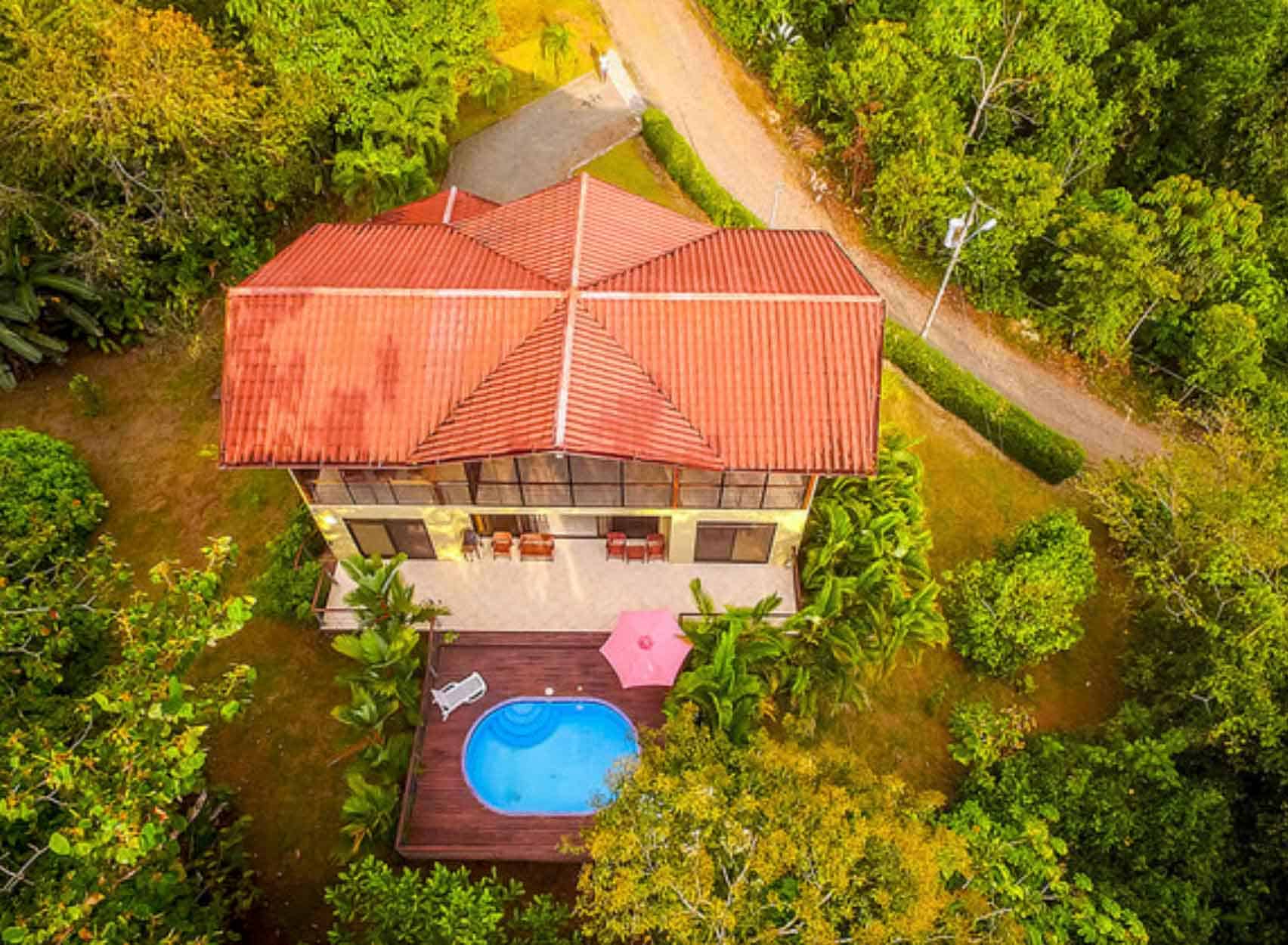A recent National University (UNA) survey reveals that 86.8% of Costa Ricans believe foreign residents are appropriating coastal properties. The study found that 76.9% think this foreign presence drives up property costs, while 66.2% associate it with increased living costs in affected communities. This gentrification process is particularly impacting rural areas, where middle and upper-class foreign residents are displacing locals.
The “National Perception of Residents in Costa Rica” study examined citizens’ views on residents from the United States, Canada, and Europe. Guanacaste emerged as the most affected province, with 19.4% of homes unoccupied, leading to increased use of platforms like Airbnb and Booking that transform communities into temporary destinations.
Researcher Aarón Mora Barahona notes that “expats” – middle or upper-class individuals arriving for tourism, retirement, remote work, or lifestyle changes – impact communities significantly. Their privileged socioeconomic status often leads to environmental changes through construction and remodeling, causing demographic and cultural shifts.
Despite concerns, 93.3% of Costa Ricans value foreign presence, recognizing contributions to environmental protection (85%), cultural exchange (89.5%), and job creation (86.7%). Additionally, 73.9% believe these residents actively seek integration into Costa Rican society, particularly Americans, Canadians, and Europeans.
Most respondents support new legislation to address these issues, highlighting the current lack of public policies and municipal action to address local challenges. The report concludes that while gentrification threatens traditional community structures and social cohesion, the overall impact of foreign residents remains complex and multifaceted.






